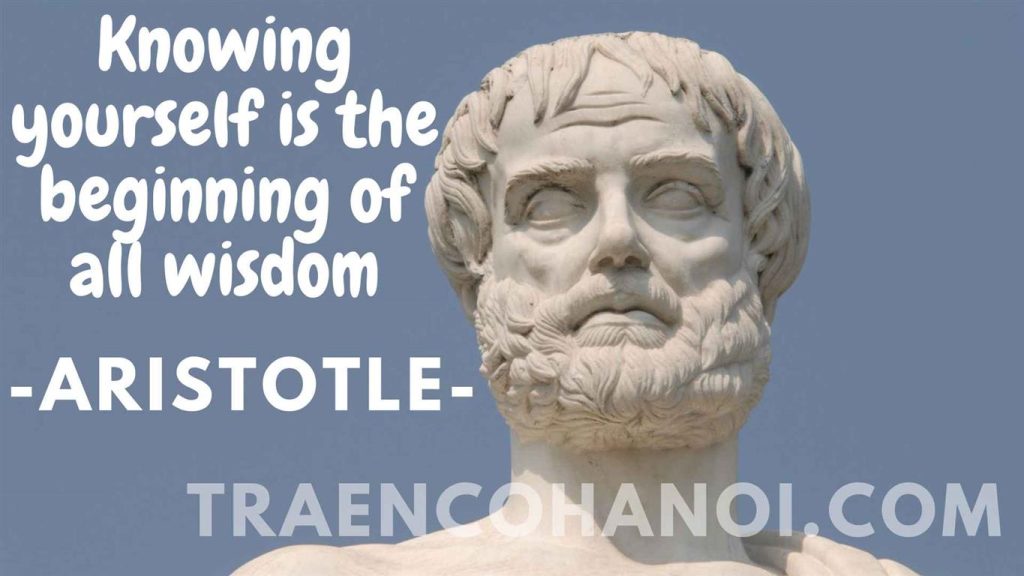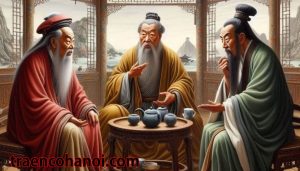
aristotle
Introduction Aristotle
Aristotle stands as one of the monumental figures in the annals of Western philosophy. Born in 384 BC in Stagira, a small town in northern Greece, his intellectual pursuits spanned a vast range of subjects, from biology and physics to politics and ethics.while A student of Plato and the tutor of Alexander the Great, Aristotle’s thoughts have permeated centuries, shaping the contours of diverse fields of study.
Early Life and Education
Aristotle’s father, Nicomachus, served as the personal physician to the king of Macedon, which perhaps ignited Aristotle’s interest in natural studies. Orphaned at a young age, he moved to Athens at 17 to pursue his education at Plato’s Academy, where he remained for 20 years.
Diverging from Plato
While Aristotle greatly respected his teacher, Plato, he didn’t shy away from challenging some of Plato’s core ideas. For instance, while philosophers Plato postulated his Theory of Forms, asserting a non-material abstract world beyond our sensory perceptions, Aristotle believed that our physical world is real and that forms exist in the objects themselves.
The Lyceum Aristotle
After Plato’s death and following his travels, Aristotle returned to Athens and founded his own school, the Lyceum. Unlike the Academy, the Lyceum had a broader curriculum and was more empirical in its approach.
Contributions to Philosophy and Science
- Logic: Aristotle is credited with developing the syllogism, a form of reasoning essential to traditional logic.
- Ethics: In his “Nicomachean Ethics”, Aristotle presents the concept of the ‘Golden Mean’ – virtue lies between deficiency and excess.
- Politics: Aristotle viewed humans as “political animals” and explored ideal forms of government and their virtues and vices in his work “Politics”.
- Biology: Aristotle was a observer of the natural world. His classifications in “The History of Animals” paved the way for future taxonomies.
- Metaphysics: Though the term wasn’t coined in his era, Aristotle’s work “Metaphysics” delves deep into the nature of being and existence.
- Aesthetics: Aristotle’s “Poetics” is a seminal work in literary theory, where he analyses the art of tragedy and introduces concepts like catharsis.
Influence and Legacy
The reach of Aristotle’s influence is vast. In the medieval period, Christian, Jewish, and Islamic scholars all turned to his works, blending them with religious teachings. The scholastic tradition of the Christian Middle Ages, most notably represented by Thomas Aquinas, heavily integrated Aristotelian philosophy.
In modern times, although some of Aristotle’s scientific assertions have been replaced by new discoveries, his methodological contributions to various fields remain invaluable.
Furthermore, contemporary ethical and political theories often grapple with Aristotelian principles, whether in agreement or contention. His ideas about democracy, citizenship, and virtue are still discussed in political science and philosophy curricula worldwide.
Conclusion Aristotle
Aristotle, the polymath of ancient Greece, was not just a philosopher but a biologist, physicist, psychologist, literary critic, and more. His insatiable curiosity and rigorous intellect left a mark on virtually every field of study he touched. Today, as the world continues to change and evolve, Aristotle’s emphasis on rationality, empirical evidence, and the pursuit of virtue remains as relevant as ever, offering guidance, insight, and a standard of excellence for thinkers everywhere.





